The Presidential Election Petitions Court has ruled against the Labour Party (LP) and its presidential candidate, Peter Obi, on their claims of manipulation by the Independent National Electoral Commission (INEC) during the February 25 polls.
The court’s verdict, delivered on Wednesday, quashed the allegations that the INEC deliberately delayed uploading polling unit results to its Results Viewing Portal (IReV) to favor President Bola Tinubu of the All Progressives Congress (APC).
Join our WhatsApp ChannelIn a firm and decisive statement, the court declared, “The petitioner made the allegation of non-compliance a substantial part of their case. By the provisions of Section 135(2) of the Electoral Act, they are required to show how such non-compliance substantially affected them. If they fail to show the same, the petition fails.”
READ ALSO: INEC Has Authority To Determine Mode Of Election Results Transmission – Tribunal
The LP also raised concerns about the suppression of results, overvoting, and vote inflation, asserting that these irregularities rendered the elections invalid due to corrupt practices. Specifically, they alleged that INEC had engaged in massive misrepresentations during the collation process in Rivers and Benue states by uploading fictitious and incorrect votes.
However, the Tribunal’s verdict largely dismissed these claims, stating that, “Apart from figures stated in those two states, the other allegations were nebulous.” The court emphasized that allegations of such nature must be supported by material particulars and clearly defined.
Moreover, it emphasized that the burden of proof must be ‘beyond a reasonable doubt’, requiring the petitioner to produce two sets of results, one genuine and one false, to substantiate their claims.
This ruling marks a pivotal moment in the post-election legal battles and reinforces the importance of providing concrete evidence when challenging election results. The decision is expected to have significant implications for future election petitions and underscores the need for transparency and accuracy in the electoral process.
Emmanuel Ochayi is a journalist. He is a graduate of the University of Lagos, School of first choice and the nations pride. Emmanuel is keen on exploring writing angles in different areas, including Business, climate change, politics, Education, and others.


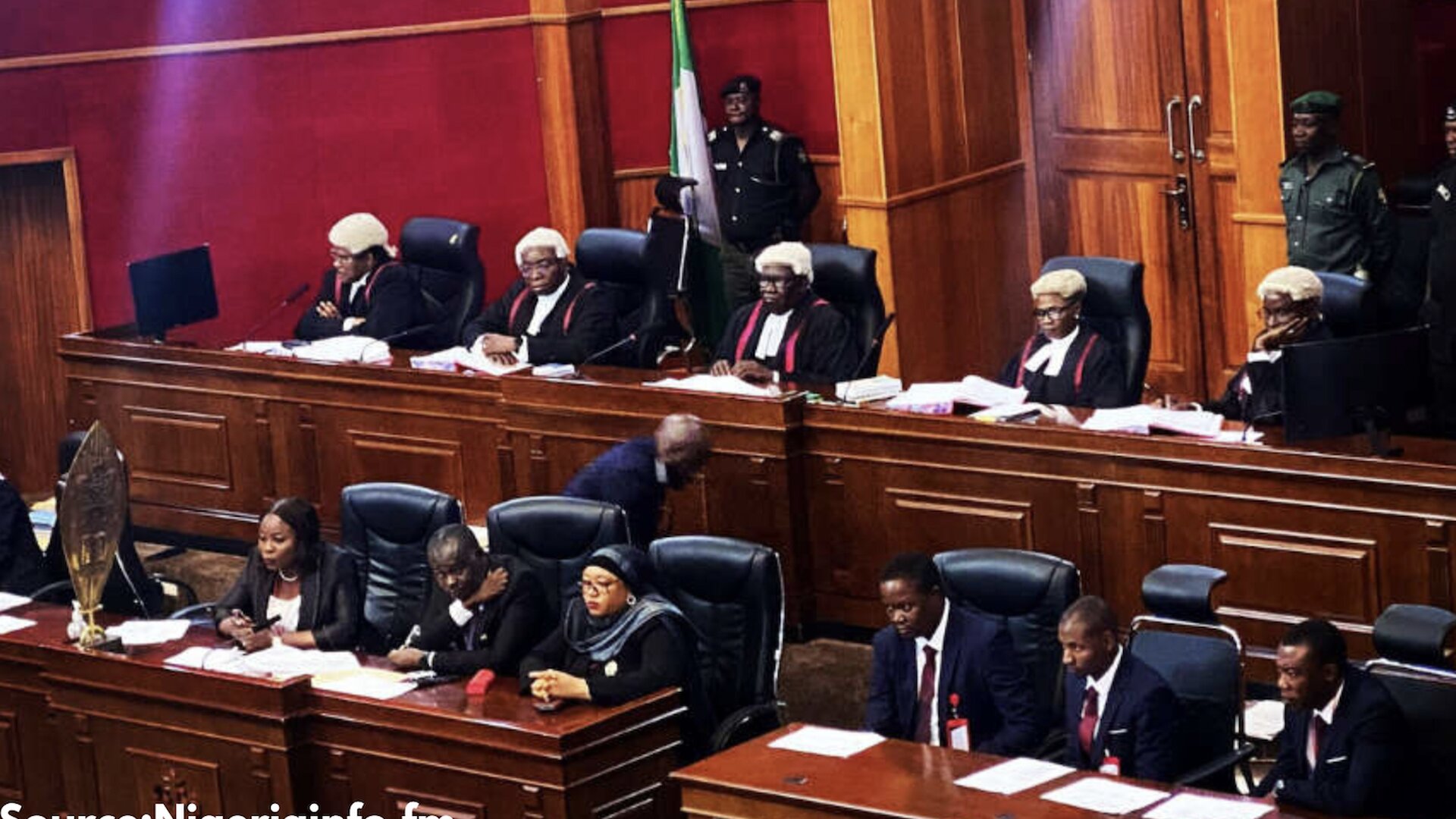

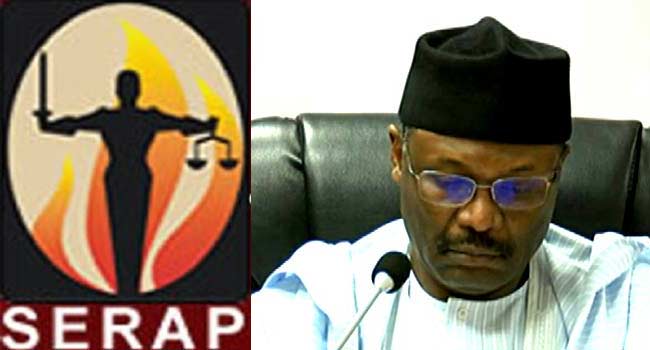
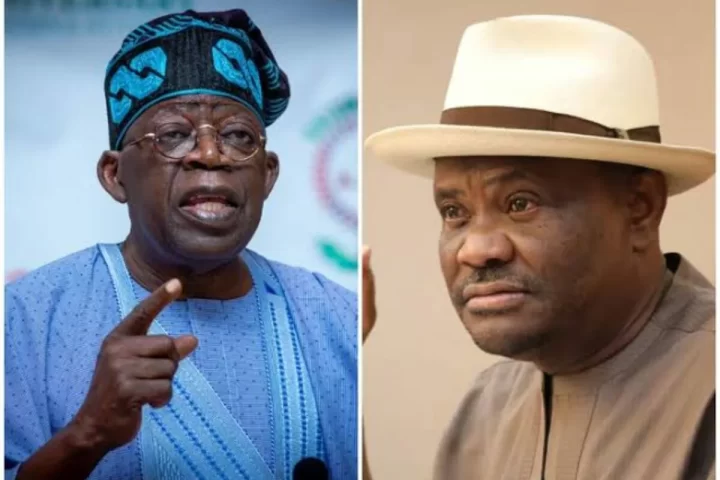
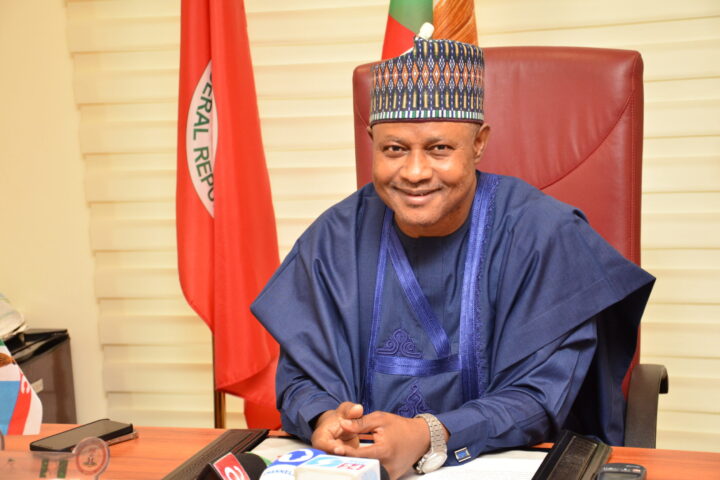







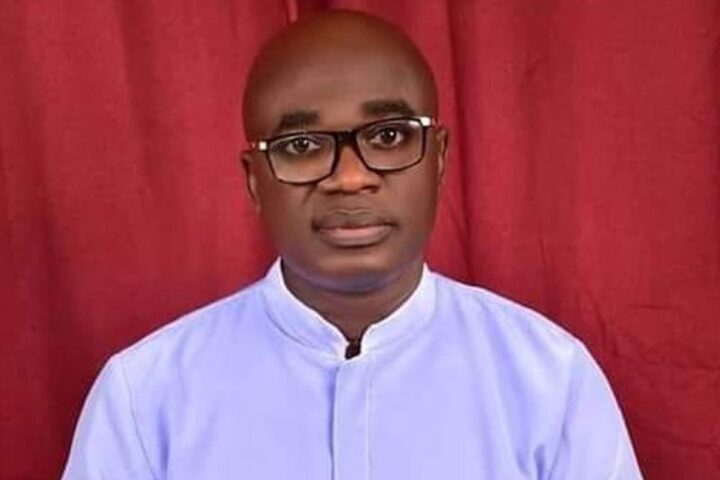
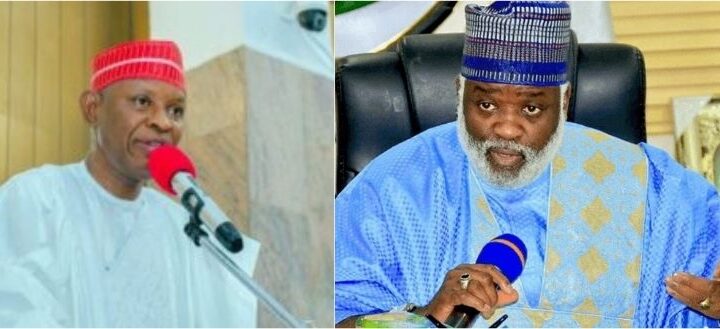

Follow Us